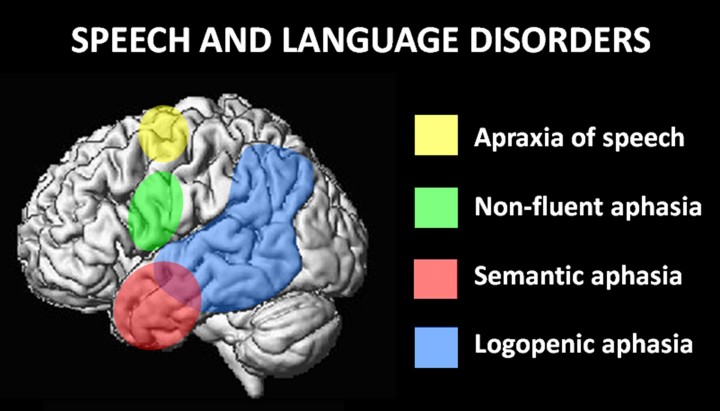-
Health & Wellness
Teachers More Likely to Have Progressive Speech and Language Disorders

Mayo Clinic researchers have found a surprising occupational hazard for teachers: progressive speech and language disorders. The research, recently published in American Journal of Alzheimer’s Disease & Other Dementias, found that people with speech and language disorders are about 3.5 times more likely to be teachers than patients with Alzheimer’s dementia.
Speech and language disorders are typically characterized by people losing their ability to communicate – they can’t find words to use in sentences, or they’ll speak around a word. They may also have trouble producing the correct sounds and articulating properly. Speech and language disorders are not the same as Alzheimer’s dementia, which is characterized by the loss of memory. Progressive speech and language disorders are degenerative and ultimately lead to death anywhere from 8-10 years after diagnosis.
Click here to see the news release.
Journalists: Sound bites with Dr. Keith Josephs, the senior author of the study, are available in the downloads.
In the study, researchers looked at a group of about 100 patients with speech and language disorders and noticed many of them were teachers. For a control, they compared them to a group of more than 400 Alzheimer’s patients from the Mayo Clinic Study on Aging. Teachers were about 3.5 times more likely to develop a speech and language disorder than Alzheimer’s disease. For other occupations, there was no difference between the speech and language disorders group and the Alzheimer’s group.
When compared to the 2008 U.S. census, the speech and language cohort had a higher proportion of teachers, but it was consistent with the differences observed with the Alzheimer’s dementia group. This study has important implications for early detection of progressive speech and language disorders, says Mayo Clinic neurologist Keith Josephs, M.D., who is the senior author of the study. A large cohort study focusing on teachers may improve the power to identify the risk factors for these disorders.
“Teachers are in daily communication,” says Dr. Josephs. “It’s a demanding occupation, and teachers may be more sensitive to the development of speech and language impairments.”
Related Articles







